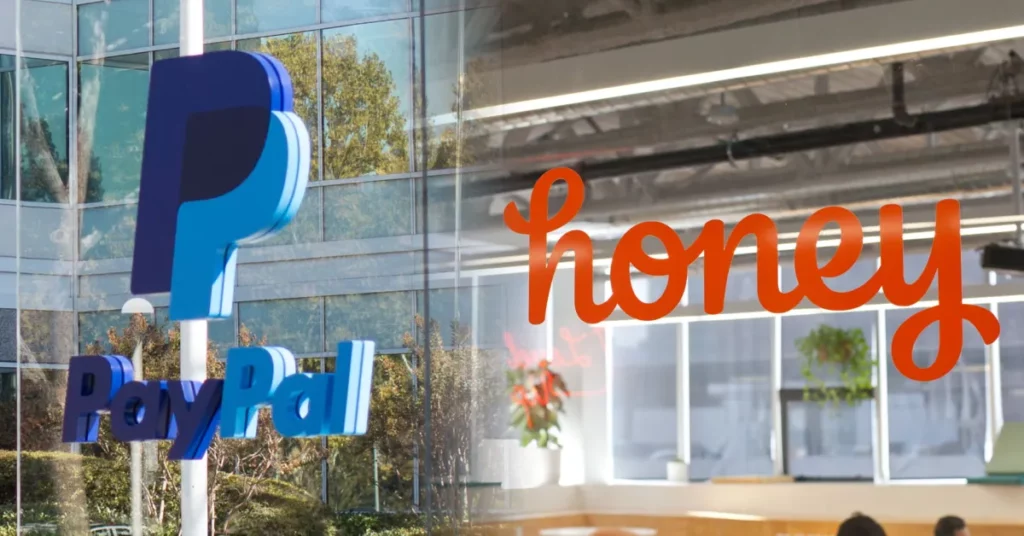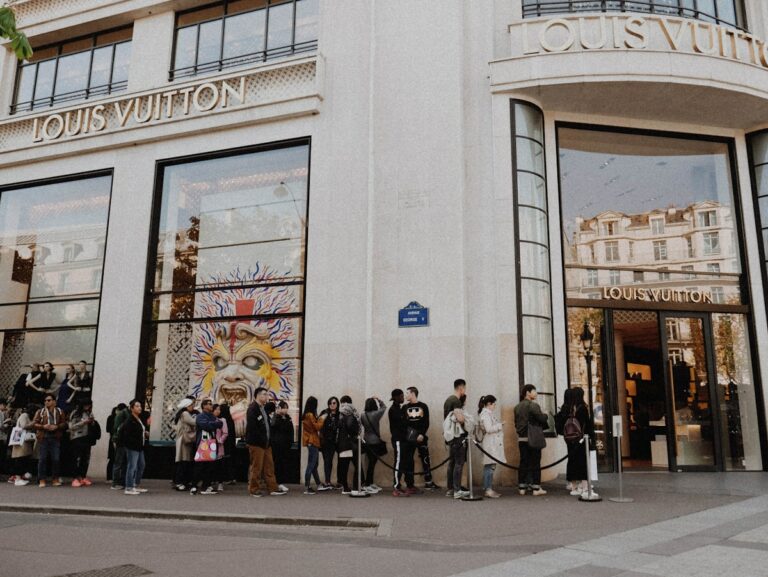The Hidden Cost of Free Apps: How to Prevent the Honey Trap in 2025
2025 is the year of living smart and having choices that your parents never even imagined. What are the hidden cost of free apps? Are these tools solving a real problem in your life and at what actual cost? We look into making better digital choices to prevent the Honey Trap in 2025

It seems that 2025 is about living in the future your parents couldn’t even imagine: your coffee brews itself before you wake up, your appliances save you money and your phone reminds you to take a well-deserved break. As a digital consumer, you are facing an increasingly complex landscape of choices that extend far beyond the simple tap-and-download decisions of previous years.
Tech analysts and consumer advocates are warning that the convenience promised by many free digital tools often masks substantial risks to privacy, security and even financial wellbeing in 2025.
What is the true cost of digital convenience? We’re seeing a growing number of cases where popular apps and services have hidden implications that users never anticipated. In the wake of several high-profile controversies, including the recent Honey browser extension scandal that has shaken consumer trust in automated shopping tools, we are looking into digital due diligence with a fresh pair of eyes.
Nail A Evens posted before Christmas: ” The Honey scandal that’s breaking right now is shocking – outrageous fraudulent behavior from the parent company – and I gotta say yet more deeply disappointing behavior from some influencers with MASSIVE teams behind them.”
Influencers and YouTube creators are accusing Honey of allegedly stealing affiliate revenue by swapping the affiliate cookie to its own during the checkout process, potentially harming content creators and websites like Tom’s Guide.
In a recent article The Economic Times looks into The Honey Influencer Scam
Honey is a browser extension by PayPal, which helps consumers search for coupon codes while shopping for their favorite products online. This extension has been promoted by a hoard of celebrities, including the likes of Mr Beast.
The Economic Times
Recent surveys indicate that while 87% of consumers regularly download new apps and digital tools, fewer than 30% thoroughly evaluate these services before integration into their daily lives. This gap between adoption and assessment has led to what industry experts are calling a “digital accountability crisis.”
Users are essentially conducting uncontrolled experiments with their digital lives. When an app promises to solve a problem, many people download first and ask questions later. This reactive approach to technology adoption is becoming increasingly risky in the AI age.
The consequences of hasty digital adoption are becoming more apparent. Beyond the widely publicized privacy breaches and data leaks, users are reporting subtle but significant impacts on their productivity, financial security and personal information control. A recent study by the Consumer Digital Rights Association found that the average user loses approximately 14 hours per month managing or correcting issues caused by poorly chosen digital tools.
Cybersecurity consultants specializing in consumer protection are advising consumers to engage in what we call ‘digital due diligence,” before implementing any new digital solution. This means thoroughly evaluating not just what a service promises to do, but how it operates, what it requires in return and whether it aligns with your personal privacy boundaries.
Industry experts recommend approaching new technology adoption as a strategic decision rather than an impulse choice. This involves carefully considering the specific problem the tool claims to solve, investigating potential hidden costs or trade-offs, evaluating privacy implications, and assessing the long-term viability of the service provider.
The shift towards more thoughtful digital consumption is gaining momentum. Tech-savvy consumers are increasingly sharing their vetting processes and experiences through online communities, creating a more informed user base. We’re seeing a welcome trend toward digital mindfulness. Users are starting to understand that their app choices are actually lifestyle choices with real-world implications.
As we move forward in 2025, the message from experts is clear: the era of casual app adoption is over. In a world where digital tools can significantly impact our daily lives, making informed choices about technology has become a crucial life skill. The cost of choosing wrong isn’t just measured in wasted money or time – it can affect everything from personal privacy to professional reputation.
How to Avoid the Honey Trap in 2025
For consumers looking to navigate this complex landscape, experts recommend starting with a simple question: Does this tool solve a real problem in my life and at what actual cost? The answer might take more time to determine than a simple app download, but in today’s digital environment, that time is increasingly well spent.
The digital tools you choose significantly impact your daily lives, productivity and security. While free digital tools are attractive, the cost of choosing the wrong tools can be substantial. Consider these questions before adopting any new app:
- What specific problem does this solve?
- Are there hidden costs or trade-offs?
- How does this align with my privacy preferences?
- What’s the long-term viability of this service?
As we progress through 2025, the app ecosystem continues to evolve. Stay informed about industry trends, security updates and emerging alternatives. Remember that today’s popular app might be tomorrow’s cautionary tale. Build a toolkit that truly serves your needs while protecting your interests.
Smart living in 2025 requires more than just downloading the latest apps—it demands thoughtful consideration of how these tools fit into our lives. You can build a reliable, secure and effective digital ecosystem that genuinely enhances your daily life rather than complicating it.
The best app is not always the most popular one, but the one that aligns with your needs, values and privacy preferences while delivering consistent value over time.
Do you want to share your story and inspire our readers ? Know that YOUR EXPERTISE is paving the way for a fairer, happier society.





